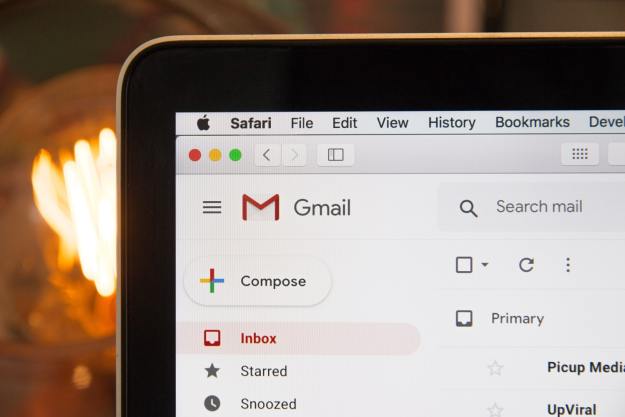 China returned shots at Google in the government-run press today after the search giant hinted last week that the Chinese government played a role in a recent attack on its Gmail service. The security breach left hundreds of users, including Chinese human rights activists, journalists and top US government officials, at risk. According to a state-run newspaper, Google has become a “political tool” used to vilify China’s government.
China returned shots at Google in the government-run press today after the search giant hinted last week that the Chinese government played a role in a recent attack on its Gmail service. The security breach left hundreds of users, including Chinese human rights activists, journalists and top US government officials, at risk. According to a state-run newspaper, Google has become a “political tool” used to vilify China’s government.
The accusation appeared in the international edition of the People’s Daily, the preeminent organ of China’s ruling Communist Party, reports Reuters. Such a move indicates growing tensions between the US and China in the cyber-security realm.
Google revealed in a blog post last week that its security team had “detected and disrupted” a security breach of Gmail that originated in China’s Shandong province, the location of an intelligence unit for the People’s Liberation Army. The intrusion and subsequent phishing attack was an attempt to trick Gmail users into giving away their login credentials, Google said. While Google suggested involvement by the Chinese government, the company made no explicit implications.
A spokesman for China’s Foreign Ministry quickly responded to Google’s report, saying that the Chinese government played no role in the attack.
“Allegations that the Chinese government supports hacking activities are completely unfounded and made with ulterior motives,” said government spokesman Hong Lei in a statement.
According to the People’s Daily editorial, which appeared on the front page, Google was “deliberately pandering to negative Western perceptions of China, and strongly hinting that the hacking attacks were the work of the Chinese government.”
“Google’s accusations aimed at China are spurious, have ulterior motives, and bear malign intentions,” said the commentary.
“Google should not become overly embroiled in international political struggle, playing the role of a tool for political contention.”
The editorial also suggested that Google’s business could be hurt by their political involvement, but did not specify how.

